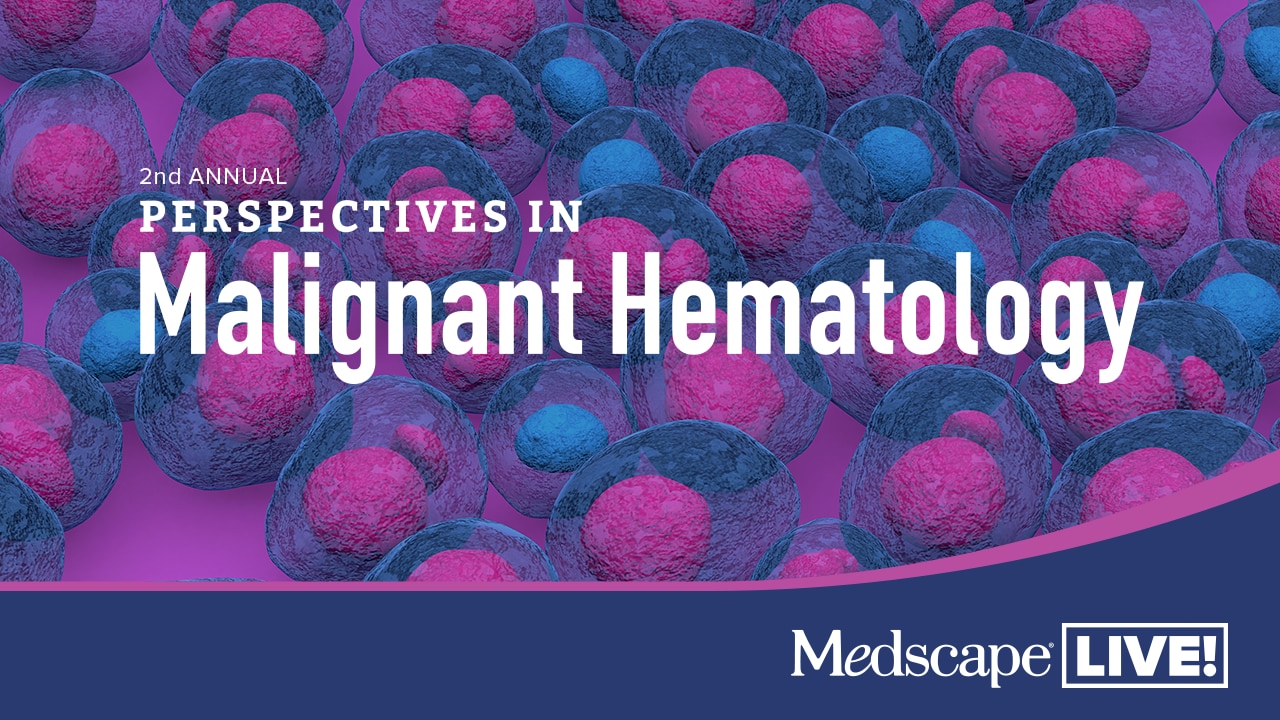Abstract and Introduction
Abstract
Objectives: To summarize cases submitted to the 2021 Society for Hematopathology/European Association for Haematopathology Workshop under the categories of progression of Hodgkin lymphoma, plasmablastic myeloma, and plasma cell myeloma.
Methods: The workshop panel reviewed 20 cases covered in this session. In addition, whole-exome sequencing (WES) and whole-genome RNA expression analysis were performed on 10 submitted cases, including 6 Hodgkin lymphoma and 4 plasma neoplasm cases.
Results: The cases of Hodgkin lymphoma included transformed cases to or from various types of B-cell lymphoma with 1 exception, which had T-cell differentiation. The cases of plasma cell neoplasms included cases with plasmablastic progression, progression to plasma cell leukemia, and secondary B-lymphoblastic leukemia. Gene variants identified by WES included some known to be recurrent in Hodgkin lymphoma and plasma cell neoplasm. All submitted Hodgkin lymphoma samples showed 1 or more of these mutations: SOCS1, FGFR2, KMT2D, RIT1, SPEN, STAT6, TET2, TNFAIP3, and ZNF217.
Conclusions: Better molecular characterization of both of these neoplasms and mechanisms of progression will help us to better understand mechanisms of progression and perhaps develop better prognostic models, as well as identifying novel therapeutic targets.
Introduction
Session 6 of the 2021 Society for Hematopathology/European Association for Haematopathology Workshop was devoted to progression of Hodgkin lymphoma, plasmablastic myeloma, and plasma cell myeloma. A total of 20 cases were discussed in this session, including 6 cases that were presented orally by the submitters. The panel came to a consensus diagnosis on each case based on the available clinical information, morphology, immunophenotype, and, in many cases, molecular and clonality studies. In addition, whole-exome sequencing (WES) and whole-genome RNA expression analysis were performed on half of the submitted cases: 6 of Hodgkin lymphoma and 4 of plasma neoplasm. By summarizing the findings in the submitted cases, we hope to expand our understanding of clinical and morphologic presentations of transformation in these neoplasms and shed a light on molecular mechanisms of the pathogenesis and transformation of these B-cell lymphoid neoplasms.
Am J Clin Pathol. 2023;159(6):598-613. © 2023 American Society for Clinical Pathology











